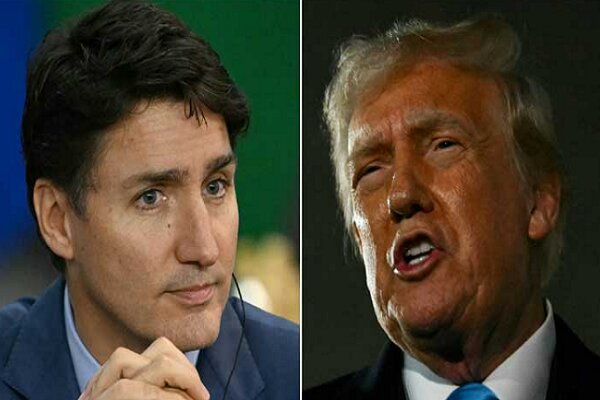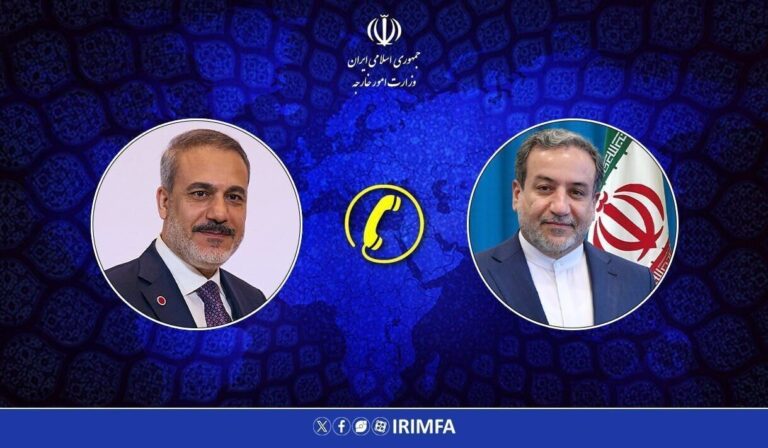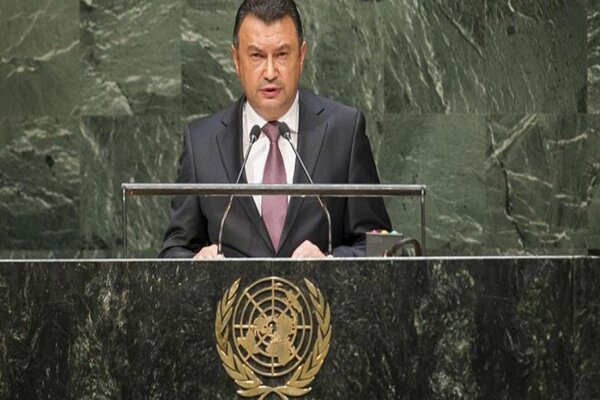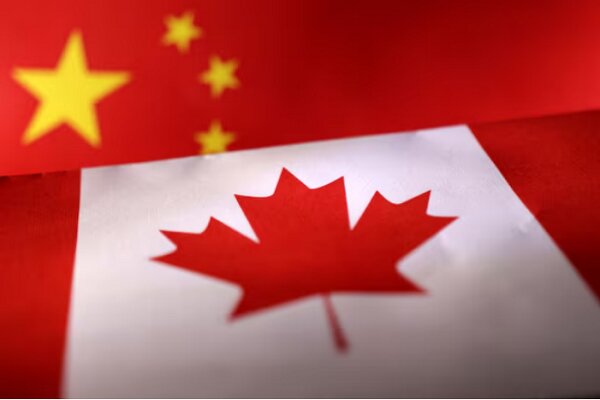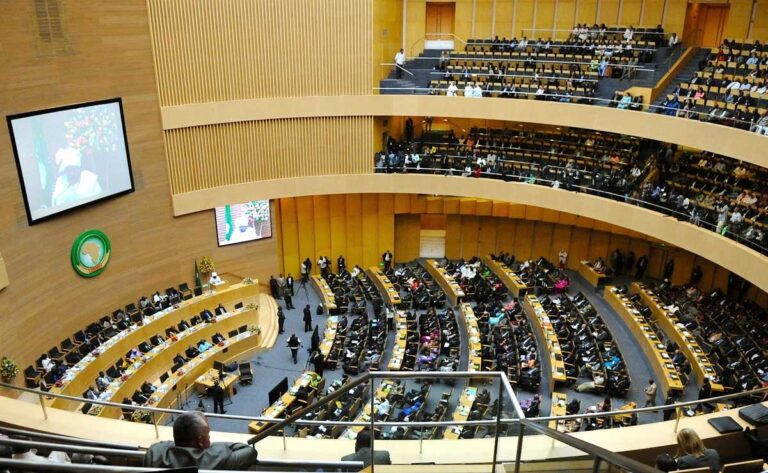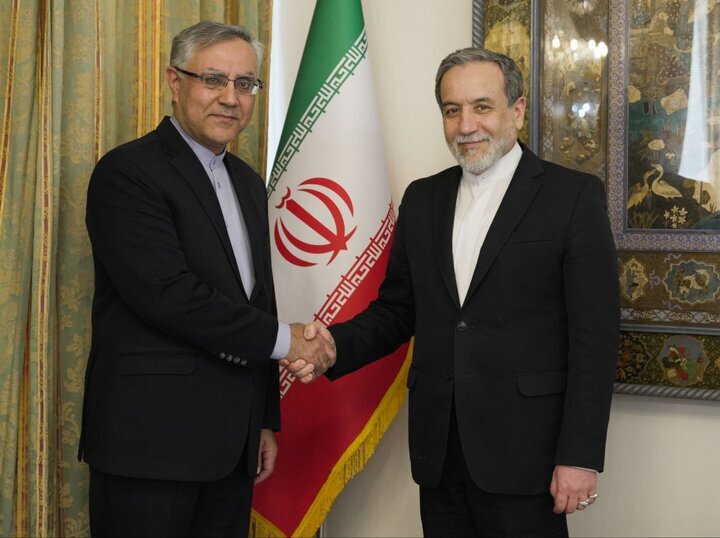PM Trudeau Responds to Trump’s Shocking Threat to Annex Canada: What It Means for Relations
In recent discussions among business and labor leaders, Canadian Prime Minister Justin Trudeau addressed the implications of U.S. tariffs on Canadian imports amidst ongoing tensions with President Trump. This critical dialogue highlights the complex relationship between Canada and the United States, particularly in light of Trump’s repeated suggestions that Canada might benefit from becoming the 51st state of the U.S.
During a closed-door meeting, Trudeau’s remarks were inadvertently broadcasted, revealing his concerns about Trump’s intentions. According to reports from the Toronto Star, Trudeau stated:
“They’re very aware of our resources, of what we have and they very much want to be able to benefit from those. But Mr. Trump has it in mind that one of the easiest ways of doing that is absorbing our country. And it is a real thing.”
This statement underscores the ongoing anxiety in Canada regarding U.S. policies that could threaten its sovereignty and economic stability. A government source later confirmed the authenticity of Trudeau’s comments, emphasizing the seriousness of the situation.
Canada has been trying to position itself as a reliable partner for the U.S., particularly in terms of its extensive supply of oil, minerals, and other natural resources. Trudeau has made it clear that Canada is committed to addressing the challenges posed by potential tariffs:
- Long-term Political Challenges: Trudeau acknowledged that even if Canada successfully avoids tariffs, there could be enduring political hurdles with the U.S.
- Fentanyl Smuggling Concerns: In recent negotiations, Trump postponed the implementation of tariffs on Canadian exports by 30 days, contingent on Canada taking significant measures against fentanyl trafficking.
Trudeau emphasized that Canada is actively combating the flow of fentanyl into the U.S., noting that public data indicates only 0.2% of the fentanyl supply seized in the U.S. originates from Canada. This statistic highlights Canada’s relatively minor role in the overall issue of fentanyl smuggling, yet it remains a focal point in discussions with the U.S.
During his address to business and labor leaders, Trudeau reiterated that Canada’s response to any potential tariffs would be reciprocal, but the ultimate goal is to have such measures lifted as quickly as possible. He stated:
“If tariffs were imposed, Canada would respond in kind, but its goal would always be to have the measures removed as fast as possible.”
This proactive approach reflects Canada’s commitment to maintaining a robust trade relationship with the U.S. and diversifying its trading partners to mitigate risks associated with over-reliance on one market.
In conclusion, Trudeau’s statements during the closed-door meeting reveal the complexities of Canada-U.S. relations and the challenges posed by potential tariffs. As both nations navigate these turbulent waters, Canada remains focused on showcasing its value as a trusted partner and resource-rich country. The ongoing dialogue is crucial for ensuring economic stability and prosperity for both nations in the face of evolving geopolitical dynamics.
Overall, the situation remains fluid, and the outcomes of these discussions will play a significant role in shaping the future of trade between Canada and the United States.
